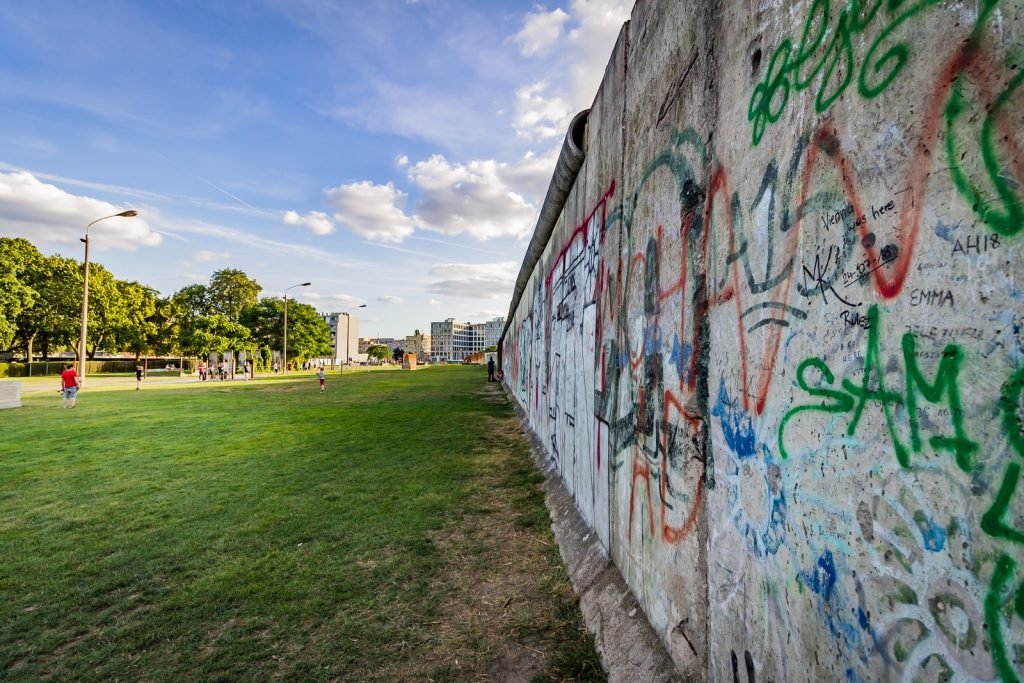Having overcome the destruction of the Second World War, by the early 1960s the world seemed set on a course to ever greater freedom (political and personal), affluence and solidarity. As the Berlin Wall came up in 1962, half the world remained behind it. But even there, greater freedom and a better life for all were confidently expected for the near future. By the opening decades of the 21stcentury, however, little of this confidence and optimism was left. Dominant democratic ideas unraveled, to be replaced by populist, authoritarian and xenophobic ideologies similar to the pre-war totalitarian packages.
The course traces the mutation of ideas of freedom into their opposites, posing the questions What Went Wrong and How To Put It Right Again.
Course Information
Course Structure
The course is divided into three phases.
Phase 1 takes place in the New Bulgarian University, Sofia and lasts for four days (online participation will also be made available for those unable to travel). Each day is structured around two hours (four study periods) in the morning and two more hours after lunch. Students will be expected to devote some of their after-hours time to preparing for the next day’s work. At the end of Phase 1, individual research tasks will be set for each student.
Phase 2 sees students travelling back to their Universities of origin and spending a week working on their individual research assignments.
Phase 3 takes place online and lasts for three days (two hours a.m. and two hours p.m.). During that time, students present their assignments and seminar-type discussions are held to discuss them. New problems arising and new avenues for further research are debated in a structured manner.
Course Outcome
Students who have successfully completed their individual research assignments are graded and provided with credits. The rest are provided with a Course Attendance Certificate.
Course Topics
1. The state of play in Europe and the US after the end of the war. As reconstruction is completed, new ideas appear demanding greater freedom and solidarity in order to avoid a new war. “What does the West believe in?”.
2. Ideas in the 1960s: the dawning of “the Age of Aquarius” in the USA and Britain; egalitarianism and rights in France; hopes for individual emancipation East of the Wall.
3. The end of the 1960s: collapse of the counterculture in USA and Britain; the inconclusive Paris revolt of 1968; Soviet invasion of Czechoslovakia and the return of repression in the East.
4. The fragmentation and mutation of ideas during the 1970s and 1980s. Birth of feminism, the green movement, extreme right-wing ideologies, economic neo-liberalism. Triumph of consumerism over solidarity in the West. Revival of civil society in the East.
5. The state of play at the start of the 21st century. Loss of direction in the West. Entrenchment of authoritarians in the East: the rise of Putin. The effects of 9/11.
6. Further fragmentation: “culture wars” and “identity politics” in the West; “illiberal democracy” in the East. Trump and Brexit.
7. Attempts at overcoming the fragmentation of ideas: solidarity movements, green movements, “communitarianism”, “new liberalism”, “participatory democracy”.
8. The return of war. Which way to peace?

